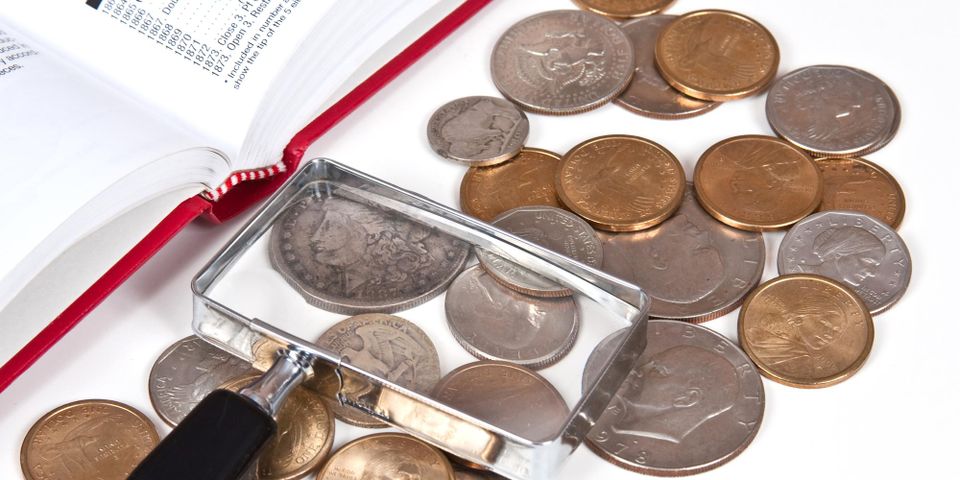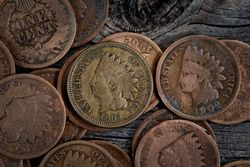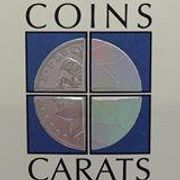
These days, coins are increasingly rare as fewer people rely on paper cash and metal coins. However, you can preserve a little piece of history by becoming a coin collector. Here are a few coin collector terms you should be familiar with, and how they can help you to zero in on the perfect pieces.
Important Collection Terms
1. Circulated
Coins that have been in circulation have been created by the national mint, given to customers at banks, and then used in everyday transactions in stores. Most coins stay in circulation for about 25 years before they are too worn to be used, at which point the banks return them to the mint where they are melted down and recycled. Because they can develop a great deal of damage over the years, circulated coins tend to be worth their face value and not much more.
2. Proof Coins
 If you have ever seen commercials for coins made of silver or gold with special designs, you may have seen evidence of proof coins. These special coins are struck twice to bring out the details of the design, and they can be rare enough to be worth a great deal of money. Proof coins are typically purchased and traded by coin collectors, and they would never be allowed into circulation.
If you have ever seen commercials for coins made of silver or gold with special designs, you may have seen evidence of proof coins. These special coins are struck twice to bring out the details of the design, and they can be rare enough to be worth a great deal of money. Proof coins are typically purchased and traded by coin collectors, and they would never be allowed into circulation.
3. Graded
If you have ever perused a coin collector’s shop or a pawn shop, you may have seen graded coins, which are coins that have already been appraised and valued based on their strike, luster, color, attractiveness, and preservation. Typically housed in special non-reactive plastic cases, graded coins are measured on a scale from 1-70.
Whether you are a seasoned coin collector or you are interested in starting a collection of your own, turn to Coins & Carats in Kalispell, MT, to find what you need. For more than 26 years, these coin and gem experts have been helping their clients with everything from finding rare coins to investing in gold bullion. Explore their website to learn more, or give them a call at (406) 752-2646.
About the Business
Have a question? Ask the experts!
Send your question

